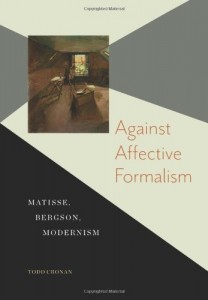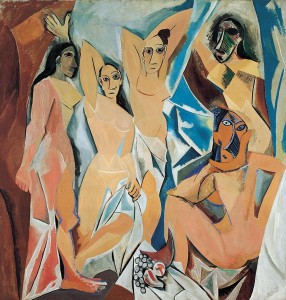
Le Corbusier, Matisse, and the Meaning of Conceptual Art
The humanities is devoted to a “bad picture” of intentionality. And the devotion to this picture is embraced above all by anti-intentionalists. Looking closely at the seemingly suspect commitments of two conceptually driven artists—Le Corbusier and Henri Matisse—I show the necessity for distinguishing between inner and outer, idea and execution, and how those terms are mutually imbricated. Failing to address “private” experience, as anti-intentionalists do, generates an inverted form of Cartesianism.




